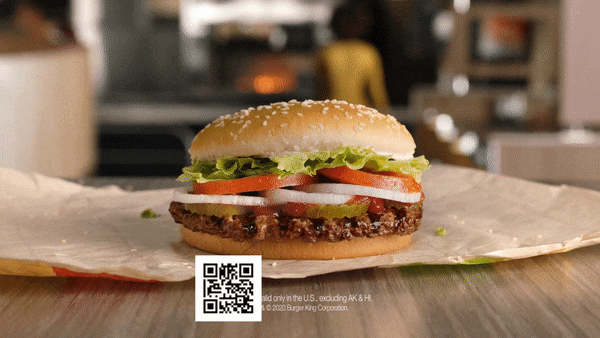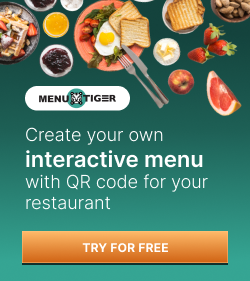Coinbase Super Bowl QR Code: Controversy Over ‘Floating’ Ad Concept

February 24—Days after the record-breaking debut of Coinbase’s viral Super Bowl QR code ad, which caused their app to crash after a deluge of downloads, a controversy followed and made the rounds online.
It involved a scuffle between the CEOs of Coinbase and The Martin Agency over what was allegedly a “stolen creative idea.
Brian Armstrong, CEO of Coinbase, and Kristen Cavallo, CEO of The Martin Agency, had an exchange on Twitter after the CEO of the cryptocurrency app tweeted, “No agency would have done this ad,” praising the hard work of their team in partnership with Accenture Interactive, a marketing agency company.
The Martin Agency’s Cavallo was then quick to reply to Armstrong’s post claiming that they pitched the same idea to the company in August and October of 2021 and that his tweet was “unwarranted and unfair” towards agencies.
QR codes aren’t exactly new to Super Bowl Events

The floating QR code on Super Bowl commercials isn’t really new and has been in practice since 2019.
In fact, the famous stackable potato-based crisp snack, Pringles, included QR codes in its 53rd Super Bowl commercial where viewers could scan the QR code and order their snack cans.
In the same year, Expensify, a software company that develops an expense management system, released its Super Bowl commercial, which featured a floating QR code in a video that redirected viewers online for a chance to win cash.
Another Super Bowl event in 2021 occurred with the Pepsi Can QR code Super Bowl Promotions and Cheetos “Snap to Steal” Super Bowl QR code Challenge.
The year 2022 also saw various Super Bowl commercials using QR codes Bud Light’s QR code 57th Super Bowl promotions; Rocket Mortgage’s “Barbie Dream House” Super Bowl QR code Ad; Kia’s “Robo Dog” Super Bowl Ad; and the most recent and most controversial one, Coinbase’s “floating” QR code.
And why not? Integrating QR codes into your brand marketing campaign is an intelligent way to drive engagement among viewers using only the scanner on their smartphone devices.
Related: How to use QR codes in retail? Diverse use-cases
Burger King invaded TV commercials with moving QR codes as well!
Not only were QR codes seen in Super Bowl advertisements, but QR codes on TV commercials joined the QR code marketing bandwagon as well.
Burger King, one of the fast-food chain giants, found a way to alleviate the boredom of home viewers during the surge of the COVID-19 pandemic in 2020 when they used floating QR codes on television to give fun to people staying indoors.
A floating QR code on TV commercials appears a few times on television where viewers can scan it to get a chance to win a free whopper deal.
If the viewer is quick enough to catch and scan the moving QR code, he might get a chance to win a free burger!
“This is not the first time a moving QR code was used in an ad,” Benjamin Claeys, CEO of QR TIGER, one of the leading QR code generators online, says.
“QR codes are not limited to Super Bowl ads or TV commercials but also in the majority of the retail industry, product manufacturers, winery, print media- everywhere! It will redefine the future of marketing a hundred percent.
It already has, and there will be more QR code marketing innovation in the coming years.” He added.
The popularity of QR codes today
According to a survey conducted by Statista in June 2021, 59 percent of responding shoppers from the United States said that QR codes would be a permanent part of using their smartphones in the future.
It is also projected a 22% increase in the use of QR codes by 2025 across different regions.
Furthermore, a study by Juniper Research found that the number of QR code coupons redeemed via mobile will reach 5.3 billion by 2022.
As more companies embrace QR codes in their marketing and advertising campaigns, we expect to see more creative applications of these simple but highly effective 2D barcodes.








